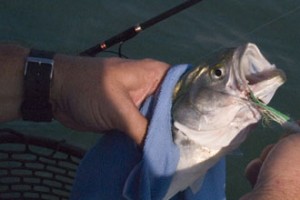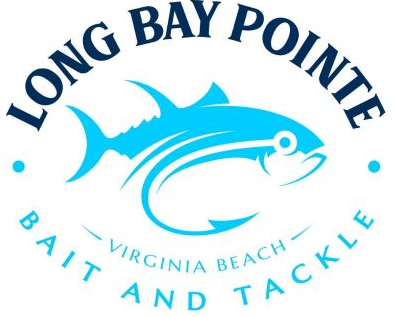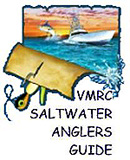Learn and obey the rules
From time-to-time regulations change, so it is important to keep updated.
Know your fish
Become familiar with species commonly caught in Virginia / North Carolina waters so that regulations can be properly applied.
http://www.mrc.state.va.us/regulations/swrecfishingrules.shtm
Practice catch-and-release
Don’t take up to your bag limit of fish just because it is legal to do so. If you’ve already got more fish than you know you will eat, let the others go when you catch them. Studies have shown that many released fish survive to be caught another day. This goes for by-catch – what many people call trash fish – too. Many non-targeted species serve as a food source for other fish.
Do not high-grade
No matter how tempting, it’s a waste of fish. High-grading is when you take a previously-caught legal sized fish out of the hold and discard it so that you can keep another, bigger and still remain within the bag limit.
Know how to properly handle fish
Use a soft, wet towel to hold the fish. This protects the fish and protects your hand from the sharp dorsal fin.
Learn how to catch-and-release a fish in a way that gives the fish the best chance of survival:
Keep the fish out of water for as little time as possible and handle it as little as possible.
Prevent the fish from thrashing around and hurting itself by confidently, but gently gripping its body, keeping your fingers away from the gills. Use a pair of long-nose pliers to grip the middle of the bend of the hook and gently pull the hook free.
Do not try to twist the hook free. If the barb has gone through the fish’s mouth, cut it off and pull the remainder of the hook free.
If the fish has swallowed the hook, cut the fishing line. Sometimes a fish can survive with a hook inside its stomach.
Use circle hooks to help prevent the fish from swallowing the hook.
Participate in fisheries management
Report any tagged fish you catch and cooperate with authorities conducting surveys. Attend public meetings related to marine fisheries issues.
Respect the environment
Never throw trash, like plastic six-pack drink yolks or fishing line, overboard or dump pollutants such as gasoline and oil into the water. Damaging the water damages the fish.












 Views Last 7 days : 1986
Views Last 7 days : 1986 Views Last 30 days : 6253
Views Last 30 days : 6253